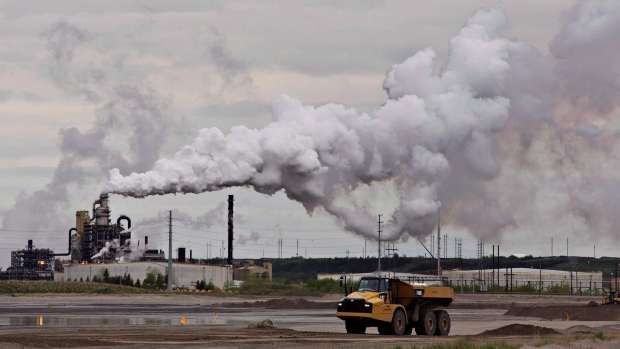Dec 19, 2016
Western Canadian execs count on Trump to bolster oil patch

As optimistic as Canadian executives are generally about the prospects of U.S. economic growth under President Donald Trump, that hope is highest in the west.
Of the 155 senior corporate leaders who responded to the latest C-Suite survey, executives in western Canada were twice as likely to say a Trump administration will have a positive impact on their business over the next two years as respondents in central Canada. Slightly more than half – 52 per cent – of all respondents said Trump would be positive for their businesses, but that number jumps to 62 per cent for western business leaders compared to just 31 per cent for Ontario-based executives.
Most of that regional disparity is likely because oil and gas extraction is the dominant industry in western Canada; a sector to which Trump has signaled strong support. In fact, by naming the outgoing CEO of Exxon Mobil as his pick for U.S. Secretary of State and an advocate of fossil fuel production as the head of the Environmental Protection Agency, the incoming president appears to be prioritizing a stronger North American energy industry.
Asked what they consider to be the most positive outcome for the Canadian economy of a transition to a Trump administration, the most popular option by far was “increased support for the energy sector”, with 34 per cent selecting that compared with 22 per cent choosing “increased Canada-U.S. trade”.
Despite taking a strong anti-trade stance during his campaign, Canadian executives expect an exception will be made for petroleum products from this country. More than two thirds of respondents – 69 per cent – either somewhat or strongly agreed that Trump is “likely to be supportive” of Canadian oil and gas.
Then there is the issue of market access, which has long been a sore point for producers in Alberta especially since opposition to new export pipelines from the landlocked home of the oil sands has been particularly intense. Trump campaigned on a promise to approve the Keystone XL project – which would ship more than 800,000 barrels of mostly oil sands crude to a Texas refining hub every day – and 88 per cent of respondents somewhat or strongly agreed the next U.S. president will likely allow it to proceed by the end of 2018.



